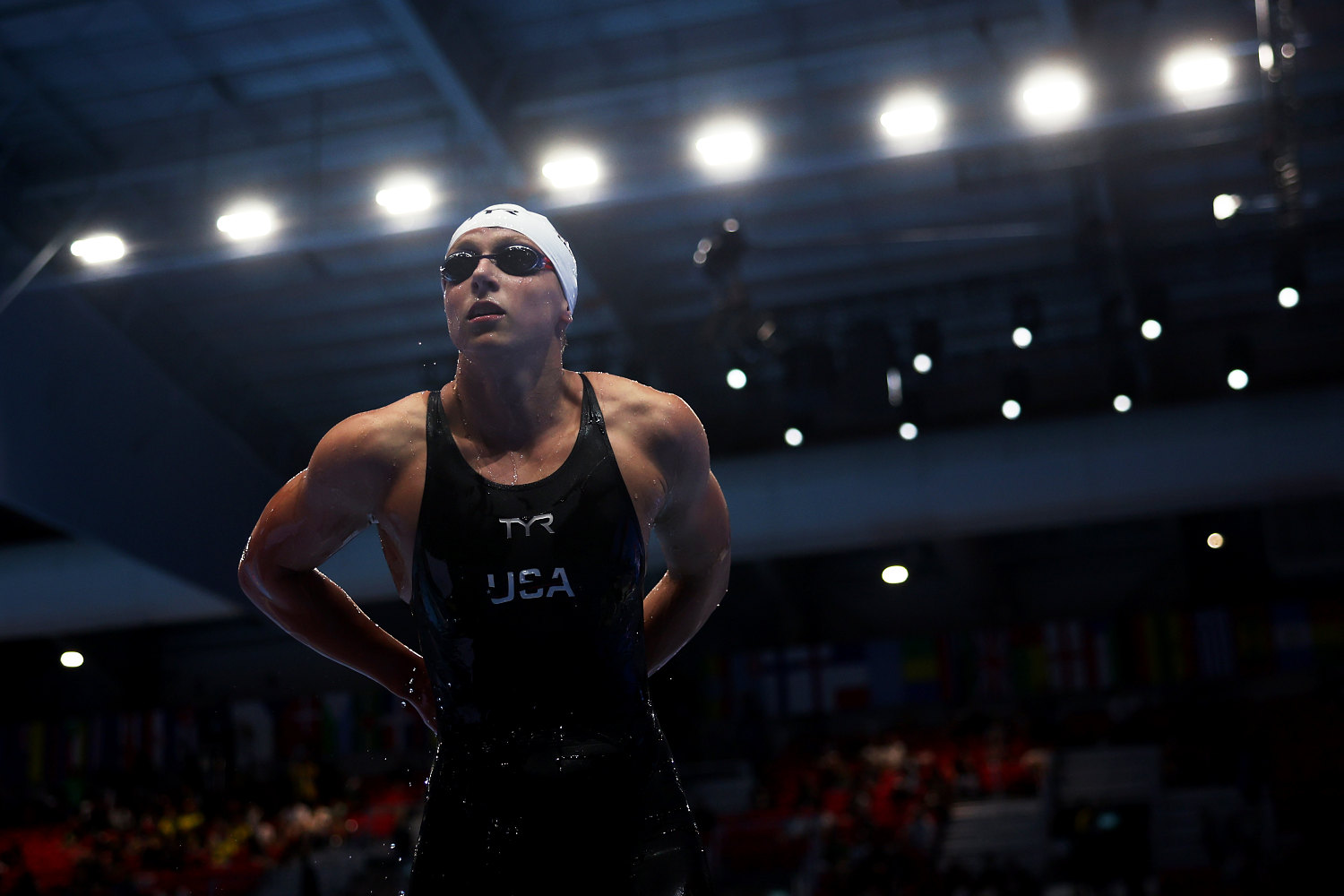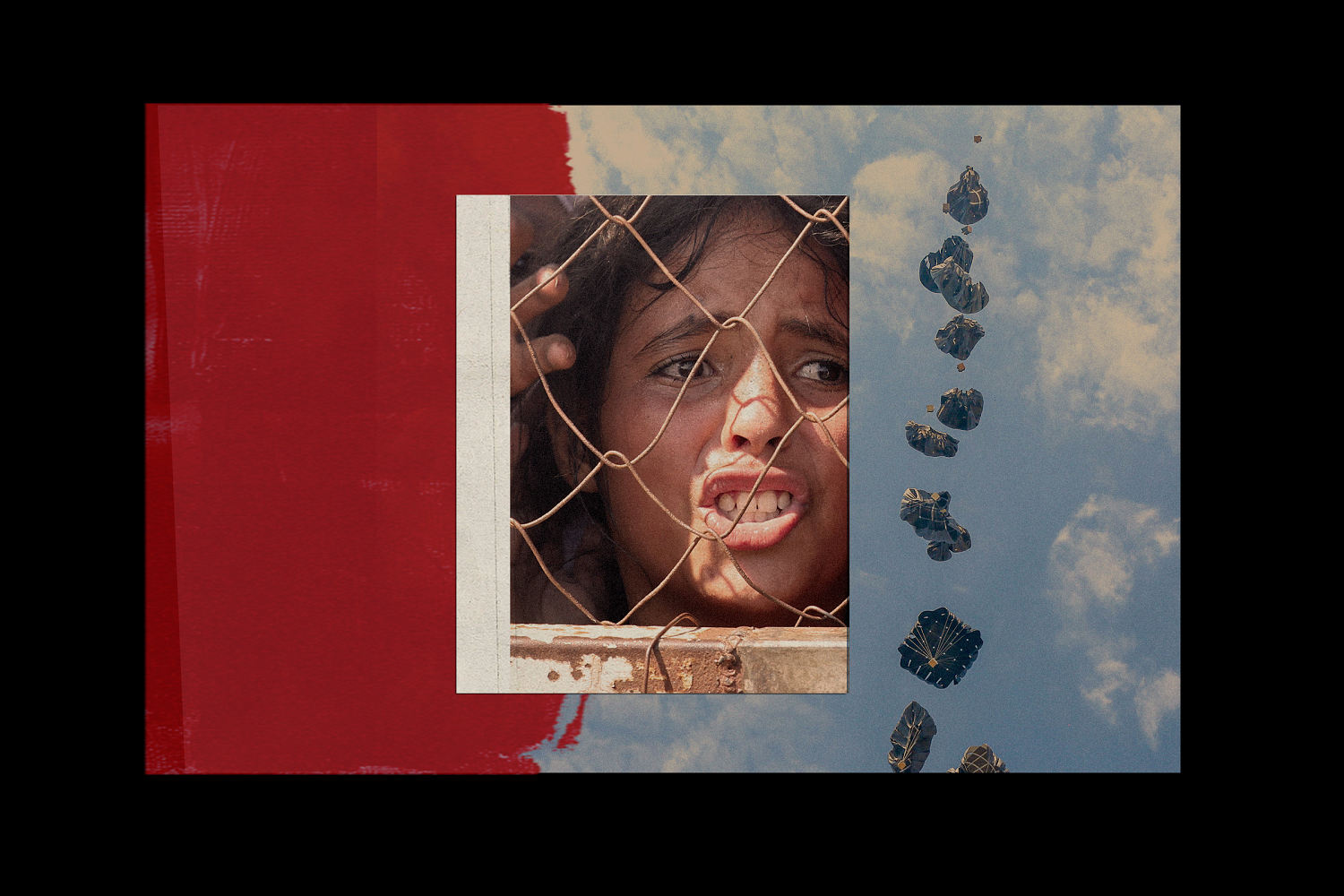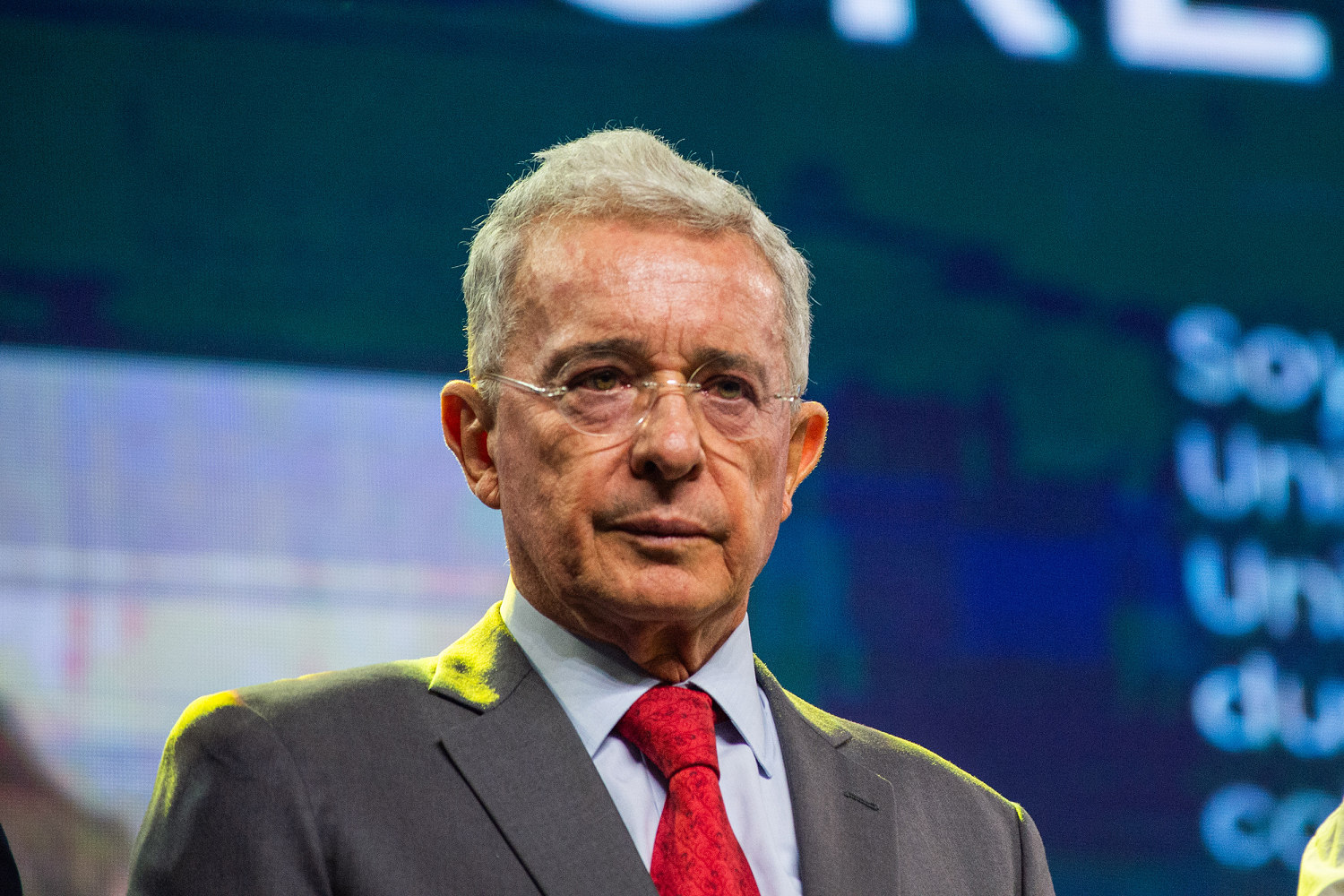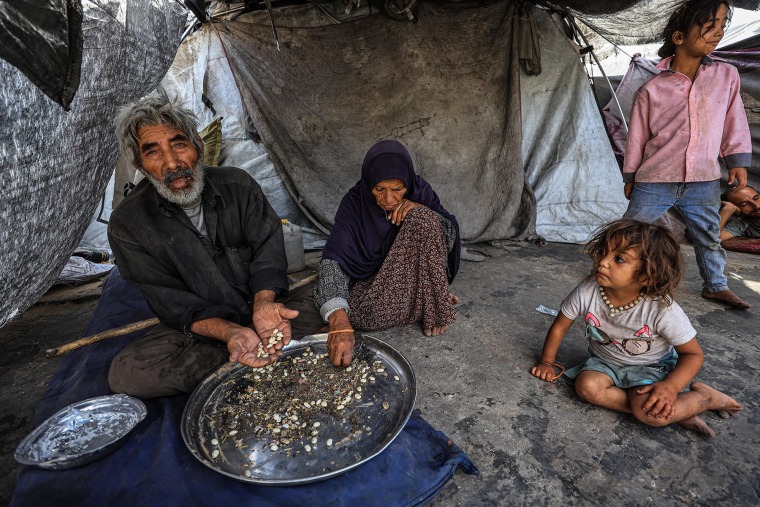Iranian rapper Tataloo once supported a hard-line presidential candidate. Now he faces execution

The tattoos covering Iranian rapper Tataloo’s face stand out against the gray prison uniform the 37-year-old now wears as he awaits execution, his own rise and fall tracing the chaos of the last decade of Iranian politics.
Tataloo, whose full name is Amir Hossein Maghsoudloo, faces a death sentence after being convicted on charges of “insulting Islamic sanctities.” It’s a far cry from when he once supported a hard-line Iranian presidential candidate.
Tataloo’s music became popular among the Islamic Republic’s youth, as it challenged Iran’s theocracy at a time when opposition to the country’s government was splintered and largely leaderless.
The rapper’s lyrics became increasingly political after the 2022 death of Mahsa Amini and the subsequent wave of nationwide protests. He also appeared in music videos which criticized the authorities.
“When you show your face in a music video, you are saying, ‘Hey, I’m here, and I don’t care about your restrictions,’” said Ali Hamedani, a former BBC journalist who interviewed the rapper in 2005. “That was brave.”
The Iranian Supreme Court last month upheld his death sentence.
“This ruling has now been confirmed and is ready for execution,” judiciary spokesman Asghar Jahangir told reporters at a press conference last month.
Activists have decried his looming execution and expressed concern for his safety after he reportedly tried to kill himself in prison.
Tataloo began his music career in 2003 as part of an underground genre of Iranian music that combines Western styles of rap, rhythm-and-blues and rock with Farsi lyrics. His first album, released in 2011, polarized audiences, though he never played publicly in Iran, where its Ministry of Culture and Islamic Guidance controls all concerts.
Tataloo appeared in a 2015 music video backing Iran’s paramilitary Revolutionary Guard and Tehran’s nuclear program, which long has been targeted by the West over fears it could allow the Islamic Republic to develop an atomic bomb. While he never discussed the motivation behind this, it appeared that the rapper had hoped to win favor with the theocracy or perhaps have a travel ban against him lifted.
In the video for “Energy Hasteei,” or “Nuclear Energy,” Tataloo sings a power ballad in front of rifle-wielding guardsmen and later aboard the Iranian frigate Damavand in the Caspian Sea. The ship later sank during a storm in 2018.
“This is our absolute right: To have an armed Persian Gulf,” Tataloo sang.
Tataloo even issued an endorsement for hard-liner Ebrahim Raisi in 2017. That year, the two sat for a televised appearance as part of Raisi’s failed presidential campaign against the relative moderate Hassan Rouhani. Raisi later won the presidency in 2021, but was killed in a helicopter crash in 2024.
Fame in Turkey, prison back in Iran
In 2018, Tataloo — who faced legal problems in Iran — was allowed to leave the country for Turkey, where many Persian singers and performers stage lucrative concerts.
Tataloo hosted live video sessions as he rose to fame on social media, where he became well-known for his tattoos covering his face and body. Among them are an Iranian flag and an image of his mother next to a key and heart.
Instagram deactivated his account in 2020 after he called for underage girls to join his “team” for sex. He also acknowledged taking drugs.
“Despite being a controversial rapper, Tataloo has quite the fanbase in Iran, known as ‘Tatalities,’” said Holly Dagres, a senior fellow at the Washington Institute for Near-East Policy. “Over the years, they’ve flooded social media with messages of solidarity for him and even campaigned for the rapper’s release in the past when he was detained on separate charges.”
Tataloo’s rebellious music struck a chord with disenfranchised young people in Iran as they struggled to find work, get married and start their adult lives. He also increasingly challenged Iran’s theocracy in his lyrics, particularly after the death of Amini following her arrest over allegedly not wearing the hijab to the liking of authorities.
His collaboration “Enghelab Solh” — “Peace Revolution” in Farsi — called out Iran’s Supreme Leader Ayatollah Ali Khamenei by name.
“We don’t want tear gas, because there are tears in everyone’s eyes,” he rapped.
But the music stopped for Tataloo in late 2023. He was deported from Turkey after his passport had expired, and was immediately taken into custody upon arrival to Iran.
Death sentence draws protests
Tehran’s Criminal Court initially handed Tataloo a five-year sentence for blasphemy. Iran’s Supreme Court threw out the decision and sent his case to another court, which sentenced him to death in January. The rapper already faced ten years in prison for a string of separate convictions, including promoting prostitution and moral corruption.
“Tataloo is at serious risk of execution,” Mahmood Amiry-Moghaddam, the director of advocacy group Iran Human Rights, said in a statement. “The international community, artists and the public must act to stop his execution.”
Tataloo earlier expressed remorse at a trial.
“I have certainly made mistakes, and many of my actions were wrong,” he said, according to the state-owned Jam-e Jam daily newspaper. “I apologize for the mistakes I made.”
Tataloo married while on death row, his uncle said. Last month, Tataloo reportedly attempted to kill himself, but survived.
His death sentence comes at a politically fraught moment for Iran as the country is at it’s “most isolated,” said Abbas Milani, an Iran expert at Stanford University.
The Islamic Republic is “desperately trying to see whether it can arrive at a deal with the U.S. on its nuclear program and have the sanctions lifted,” he said. Drawing the ire of Tataloo’s fans is “one headache they don’t need,” he added.





